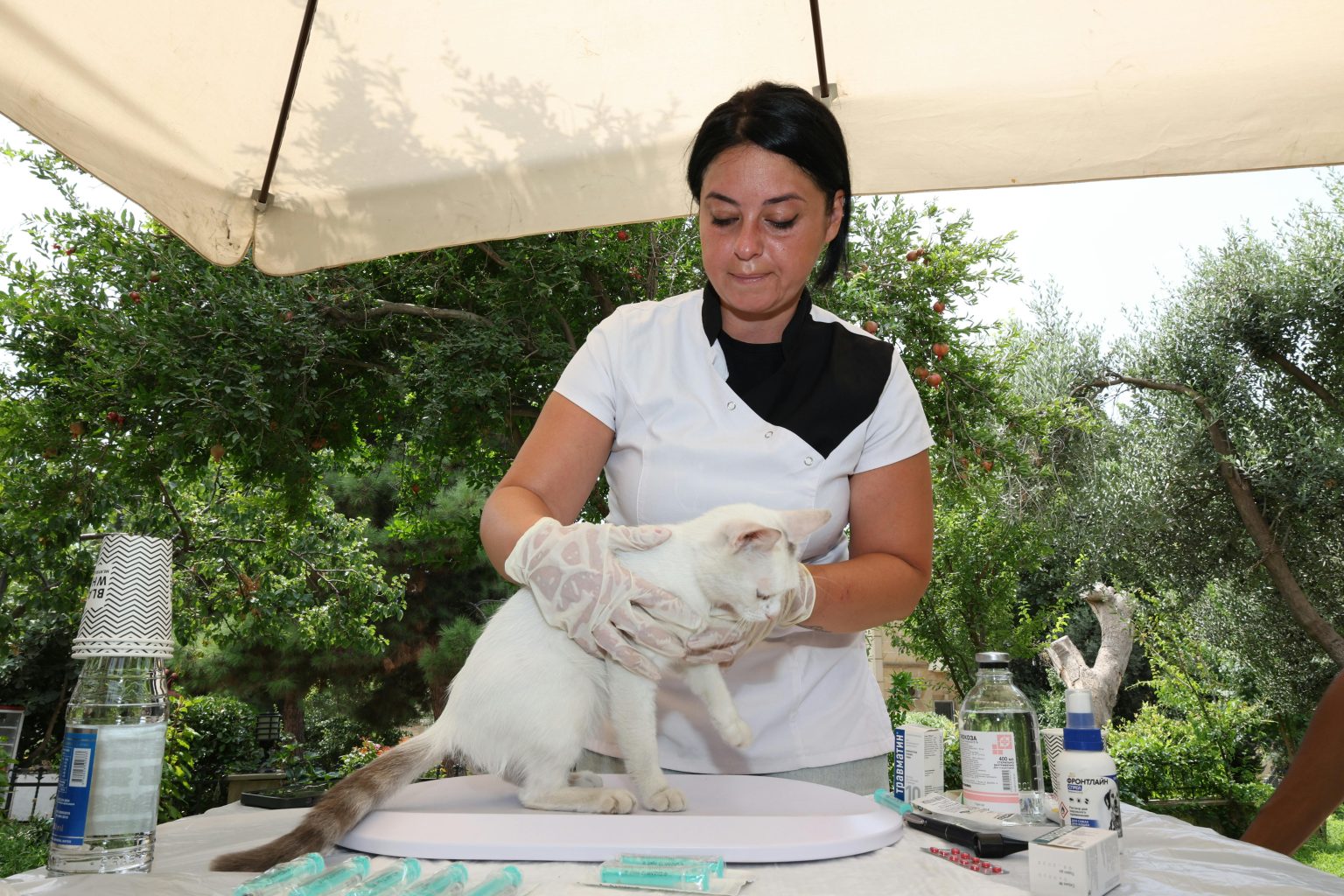Look, I’ve been watching this trend for a while now and its finally hit that tipping point where I can’t ignore it anymore. Mobile services are taking over everything – groceries, haircuts, car repairs, and now veterinary care. As someone who’s spent way too many Saturday mornings sitting in waiting rooms with a stressed-out cat carrier, I’m here to tell you this shift cant come fast enough.
Last week I was talking to a friend in Sydney who hadn’t taken her dog for shots in almost two years. Not because she didn’t care but because the logistics were a nightmare. Working full time, no car, and a 40-pound golden retriever who turns into a trembling mess at the sight of a carrier. Then she discovered mobile vets were actually a thing. She typed in “Vet Near Me” and boom – found services that come right to your door. The whole conversation got me thinking about how we’re reimagining urban pet ownership.
The traditional vet clinic model is broken for city dwellers. Think about it – most of us dont have cars. We’re cramming pets into Ubers or trying to navigate public transport with animals who’d rather be literally anywhere else. Then there’s the waiting room full of other stressed animals, the weird smells, the clinical atmosphere that makes even the chillest pets lose their minds. Its a system designed for a different era when everyone had driveways and station wagons.
What’s fascinating is how technology has enabled this shift. Mobile vets aren’t just showing up with a thermometer and good intentions. They’re rolling up with portable diagnostic equipment, digital health records, even payment systems that work right from your living room. Its the same level of care, minus the trauma of getting there.
I’ve been tracking this across major cities and the pattern is clear. London, Manchester, Sydney, New York – wherever you have dense urban populations with high pet ownership, mobile veterinary services are exploding. And its not just routine stuff. Emergency calls, end-of-life care, behavioral consultations – services that actually benefit from happening in the pet’s familiar environment.
The economics make sense too. No expensive real estate for clinics. Lower overhead means more competitive pricing. Vets can see more patients without the downtime of room turnover. Pet owners save on transport costs and dont lose half their Saturday to a simple vaccination appointment.
But here’s what really gets me – its changing the entire relationship between pets and healthcare. When the vet comes to you, annual checkups actually happen. Preventive care becomes convenient instead of a hassle. Senior pets who struggle with mobility still get seen. Anxious animals stay calm in their own space. The barriers that kept people from proper pet care are disappearing.
The pandemic accelerated everything of course. We got comfortable with services coming to us. Telehealth normalized. The idea of a “home visit” stopped seeming old-fashioned and started seeming sensible. Now mobile vet services are expanding their hours, their service areas, their capabilities. Some operate seven days a week, early morning to late night. Try getting that from a traditional clinic.
I’m not saying brick-and-mortar vets are going extinct. Specialized surgeries, intensive care, certain diagnostics – these still need dedicated facilities. But for the 80% of veterinary visits that are routine care? The future is mobile.
The resistance is mostly from people who haven’t tried it yet. They imagine some sketchy van pulling up with questionable credentials. The reality is licensed vets with full equipment, insurance, the works. Often the same vets you’d see in clinics, just choosing a different practice model.
Cities are adapting too. Parking permits for mobile vet vehicles. Regulations catching up to the reality. Pet-friendly housing developments partnering with mobile services. Its becoming part of the urban pet ownership infrastructure.
The generational shift is real. Millennials and Gen Z pet owners expect convenience. They’re used to everything being on-demand. Why should pet care be different? They’re driving this market and traditional clinics are scrambling to adapt.
What strikes me most is how this mirrors bigger trends in urban living. We’re rethinking what needs a permanent physical space versus what can be mobile or virtual. Pet care joining this revolution feels inevitable in hindsight.
The next few years will be interesting. Will traditional vets start offering mobile services to compete? Will mobile services expand into more specialized procedures? Will insurance companies adjust coverage to encourage preventive mobile visits? The whole industry is in flux.
For pet owners, especially in cities, this is nothing but good news. More options, more convenience, less stress for everyone involved. The days of wrestling your cat into a carrier for a ten-minute checkup are numbered. The future of pet care is coming to you, literally.



